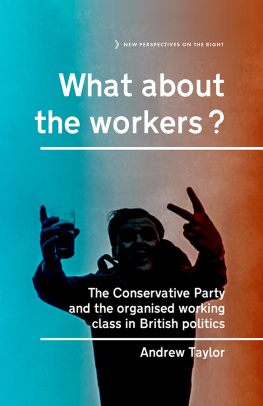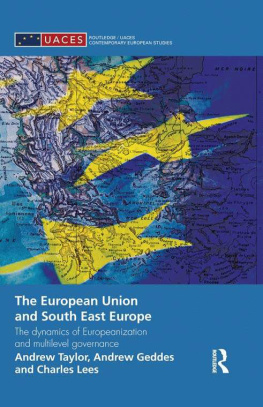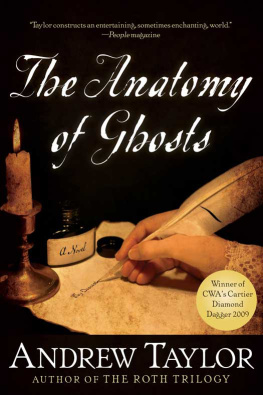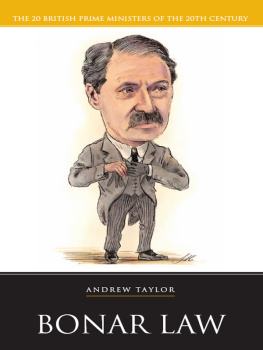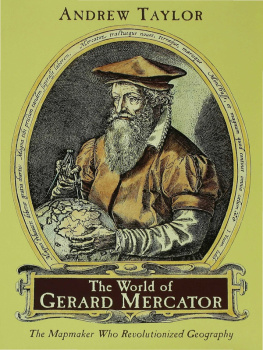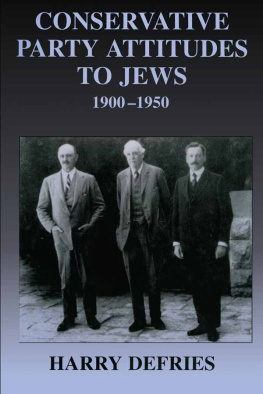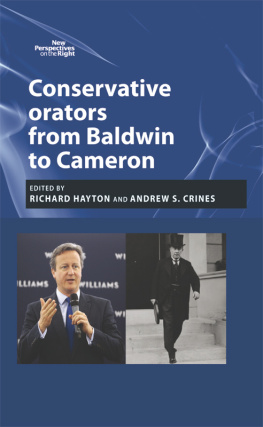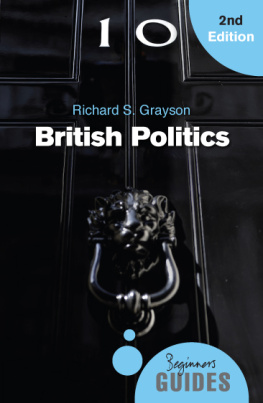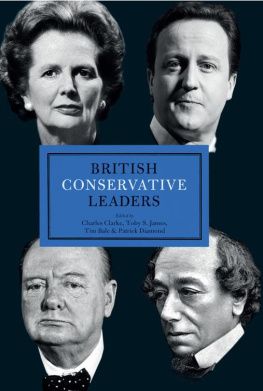Series editor
Richard Hayton
The study of conservative politics, broadly defined, is of enduring scholarly interest and importance, and is also of great significance beyond the academy. In spite of this, for a variety of reasons the study of conservatism and conservative politics was traditionally regarded as something of a poor relation in comparison to the intellectual interest in the Left. In the British context this changed with the emergence of Thatcherism, which prompted a greater critical focus on the Conservative Party and its ideology, and a revitalisation of Conservative historiography. New Perspectives on the Right aims to build on this legacy by establishing a series identity for work in this field. It will publish the best and most innovative titles drawn from the fields of sociology, history, cultural studies and political science and hopes to stimulate debate and interest across disciplinary boundaries. New Perspectives is not limited in its historical coverage or geographical scope, but is united by its concern to critically interrogate and better understand the history, development, intellectual basis and impact of the Right. Nor is the series restricted by its methodological approach: it will encourage original research from a plurality of perspectives. Consequently, the series will act as a voice and forum for work by scholars engaging with the politics of the Right in new and imaginative ways.
Reconstructing conservatism? The Conservative Party in opposition, 19972010Richard Hayton
Conservative orators: From Baldwin to CameronEdited by Richard Hayton and Andrew S. Crines
The right and the recessionEdward Ashbee
The territorial Conservative Party: Devolution and party change in Scotland and WalesAlan Convery
David Cameron and Conservative renewal: The limits of modernisation? Edited by Gillian Peele and John Francis
Rethinking right-wing women: Gender and the Conservative Party, 1880s to the presentEdited by Clarisse Berthezne and Julie Gottlieb
English nationalism, Brexit and the Anglosphere: Wider still and widerBen Wellings
Cameron: The politics of modernisation and manipulation Timothy Heppell
The European Conservatives and Reformists (ECR): Politics, parties and policiesMartin Steven
What about the workers?
The Conservative Party and the organised working class in British politics
Andrew Taylor
M ANCHESTER U NIVERSITY P RESS
Copyright Andrew Taylor 2021
The right of Andrew Taylor to be identified as the author of this work has been asserted by them in accordance with the Copyright, Designs and Patents Act 1988.
Published by Manchester University Press
Altrincham Street, Manchester M1 7JA
www.manchesteruniversitypress.co.uk
British Library Cataloguing-in-Publication Data
A catalogue record for this book is available from the British Library
ISBN 978 1 5261 0360 4 hardback
First published 2021
The publisher has no responsibility for the persistence or accuracy of URLs for any external or third-party internet websites referred to in this book, and does not guarantee that any content on such websites is, or will remain, accurate or appropriate.
COVER IMAGE: Victor Maddern as Knowles from the Boulting Brothers film, Im All Right Jack (1959). Courtesy of Studio Canal.
Typeset by Newgen Publishing UK
They have given us into the hands of the new unhappy lords,
Lords without anger and honour, who dare not carry their swords,
They fight by shuffling papers; they have bright dead alien eyes;
They look at our labour and laughter as a tired man looks at flies.
And the load of their loveless pity is worse than the ancient wrongs,
Their doors are shut in the evenings; and they know no songs.
We hear men speaking for us of new laws strong and sweet,
Yet is there no man speaketh as we speak in the street.
It may be we shall rise the last as Frenchmen rose the first,
Our wrath come after Russias wrath and our wrath be the worst.
It may be we are meant to mark with our riot and our rest
Gods scorn for all men governing. It may be beer is best.
But we are the people of England; and we have not spoken yet.
Smile at us, pay us, pass us. But do not quite forget.
G.K. Chesterton, The Secret People (1907)
Contents
This book has been a long time in writing. I would like to thank Richard Hayton as series editor of New Perspectives on the Right for including the book in the series and to the editors at Manchester University Press, especially Robert Byron, who shepherded the book to final publication. I would also like to thank all those many people who gave up their time to talk to me; there are too many debts to acknowledge individually but I would like to single out the late Michael Fraser (Baron Fraser of Kilmorack), the late Robert Carr (Baron Carr of Hadley) and the late Peter Thorneycroft (Baron Thorneycroft of Dunstan), who generously shared with me at great length their memories and recollections and so added much of value to the book. My colleagues in the Department of Politics at the University of Sheffield provided a congenial intellectual and working environment, and as the book draws on a wide range of academic and other literature covering a long period of time the University Library was crucial in facilitating the research.
I would like to thank the following for permission to cite and quote from material in their possession: Dr Mari Takayanagi, Senior Archivist at the Parliamentary Archives, for permission to quote from the political and private papers of John Colin Campbell Davidson MP, First Viscount Davidson and the private papers of Andrew Bonar Law; Liz Bregazzi, County Archivist, for permission to quote from the diary of Cuthbert Headlam MP in the Durham County Record Office; Sam Lindley, of the Special Collections Reading Room, to quote from the papers of Frederick James Marquis, First Earl of Woolton in the Bodleian Library, Oxford; Howard Davies, Information Policy Manager at the National Archives, Kew, for permission to quote from Crown copyright papers under the Open Government Licence; Professor Seamus Perry, Fellow Librarian, to quote from the papers of Walter Turner Monckton, First Viscount Monckton of Brenchley held at Balliol College, Oxford; Chris Collins of the Thatcher Archive Trust and Andrew Riley for permission to quote from the Thatcher Papers held by the Churchill Archives Centre at Churchill College, Cambridge. Finally, I would like to thank Harry Methley, of the Conservative Campaign HQ, and Jeremy McIlwaine, of the Bodleian Library, for permission to use and quote from the Conservative Party Archives at Oxford.
My wife, Georgina, was a tower of strength in completing this book, not least by helping me through the illness that delayed the books completion and by providing a critical, but always constructive, commentary. Last, but certainly not least, our daughter, Kay, provided all the necessary diversions that make life (even life in a contemporary British university) so fulfilling.
There was a time when, odd though it may seem today, British politics was focussed on the needs and desires of the working class. Post-war Britain saw the emergence of not just the welfare state but also a determination by politicians of all parties never to return to the mass unemployment of the 1930s. Both of these developments were implemented in the name of the working class. A form of corporatism was adopted by both Conservative and Labour governments so that working class interests were represented politically and the forward march of labour was consolidated as part of the long revolution. (Evans and Tilley , 1)



